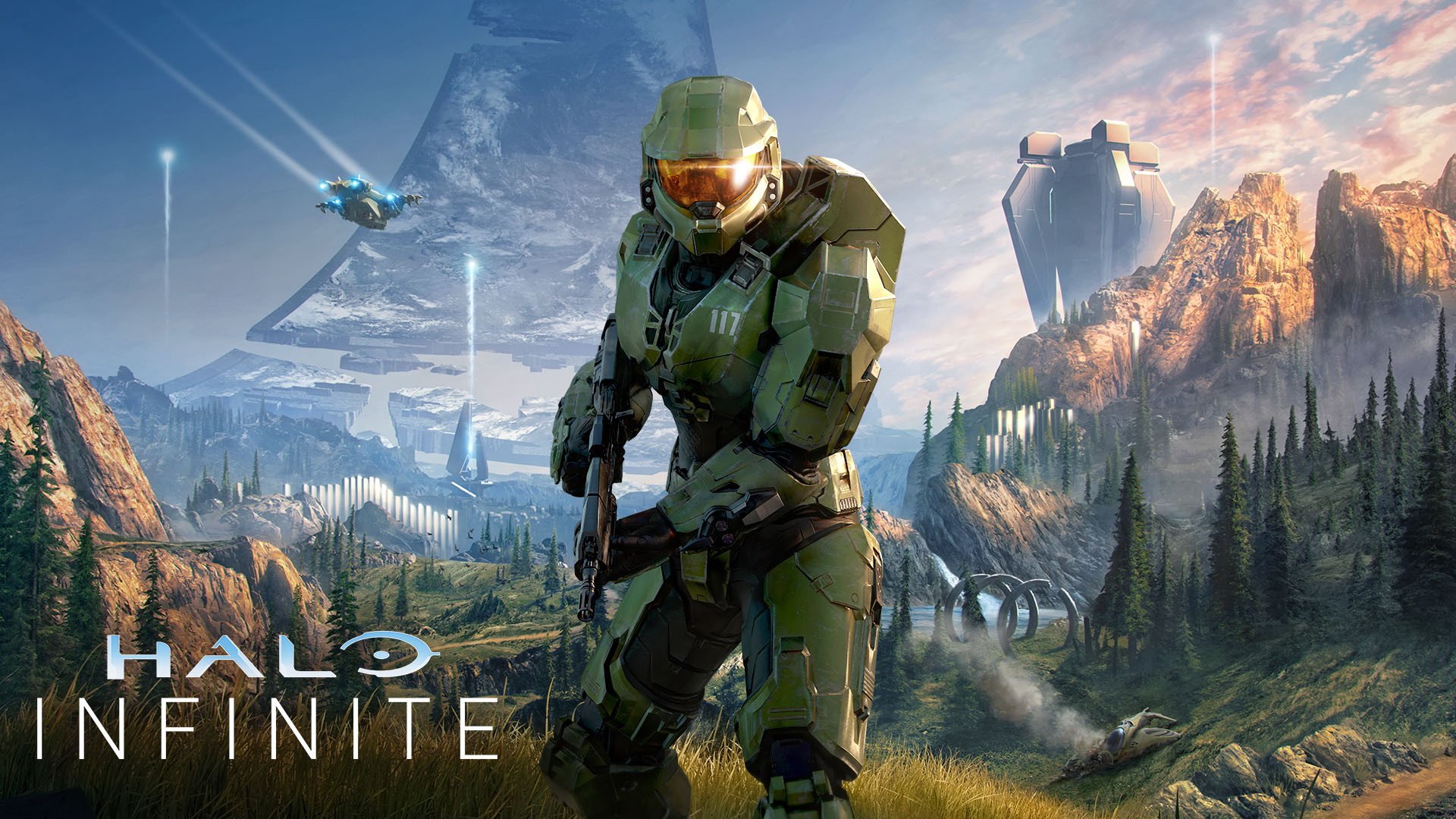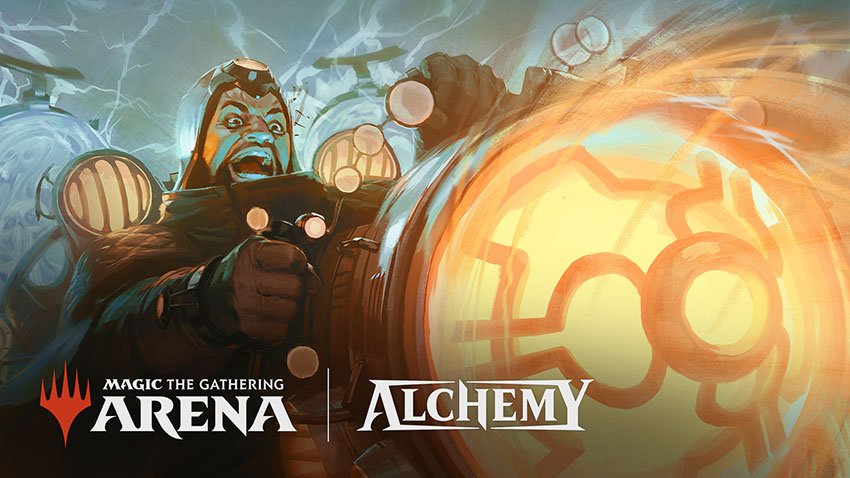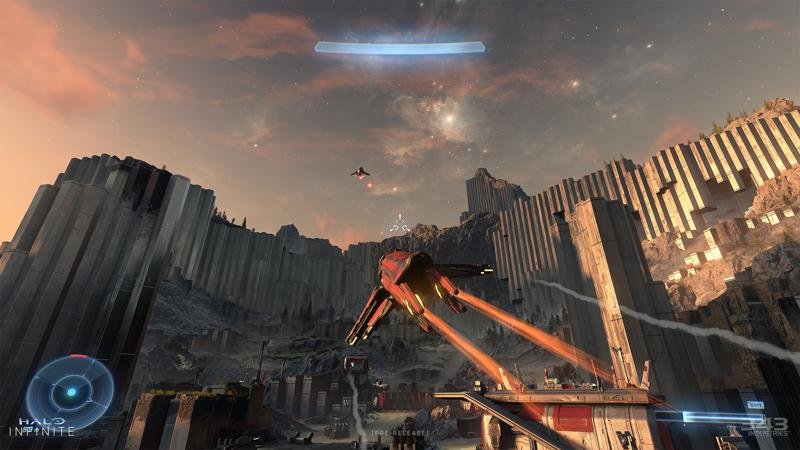How “Free-To-Play” Ruins Our Favorite Games
It’s an exciting time to be a gamer – specifically one born from about 1980 through 1990.
If you were near enough to that age, then you probably discovered Magic: the Gathering in middle school, and Halo: Combat Evolved either in high school or perhaps in college. Both of these games were not just incredibly popular, but they broke ground, established franchises, forged new markets, and redefined their respective industries.
And as of this past week (with Halo: Infinite’s release on December 8th, and Magic’s Alchemy going live on December 9th), you can now re-experience both of them in their newest, most updated, and fully modernized forms.
…For better or for worse.
Hey, remember the 90’s?
Because, unfortunately, modernized now means “F2P”, or “free to play” – a euphemism which cloaks the dark and sinister hidden cost which games like these do in fact charge you, even if they’re not asking for cash money up front the old fashioned way.
In truth, “free to play” is the business model of cosmetics, of progression ladders, of costly mastery passes, menial daily quests, and constantly-resetting seasonal rankings.
Don’t get me wrong, getting new players into a good game is awesome, and removing the classic price tag certainly accomplishes that. The problem with the “free to play” model is that it inevitably creeps into the gaming experience itself – the actual Content – and, in so doing, makes it worse.
The goal becomes monetization through the manipulation of basic human psychology; it’s no longer to tell a story, to strategize with your friends, or to enact a fantasy. Those things are still there – used as the carrot on the end of a stick – but they are no longer the core of the product.
Halo fans have been vociferous in expressing discontent that their franchise is just the latest one to adopt this new business model, making it a lot more like its closest competitors.
Recently the issue of selling “Challenge Swaps” has irked them, since this charges players actual money for the convenient service of merely allowing players to swap out one challenge for another. In essence, they are charging money just to make the game less annoying.
On top of that, Halo’s most famous multiplayer game mode, Slayer, has been conspicuously absent from the possible options, and it looks like it may not make an appearance in this version of the game at all. An employee took to writing to the community to explain why: the game must make money, the “free to play” model is how it will, and because of that, their hands are tied in regard to which game modes they can offer.
In other words, a Slayer mode would upset the carefully balanced skill challenge system and, ultimately, cost the company money. So no, you can’t have it.
Meanwhile, duelists on Magic Arena have been no less forgiving of their beloved game. A new digital-only format for the collectible trading card game, called Alchemy, promises to fix problem cards in real-time by “rebalancing” them with minor adjustments or tweaks – a clever solution that simply was not possible with physical, printed cards.
The only problem is that Alchemy is not the only format to utilize rebalanced cards: Historic will as well. This means that players who have trusted the same old cards in their oldest decks to do what they’ve always done might discover, at any point going forward, that the sands have shifted beneath their feet, and now they don’t know what their favorite cards do anymore.
And while the limited amount of "gold" and "gems" that a player can earn "for free" on Arena has not changed in years, the sheer number of cards to be obtained has been rising precipitously, effectively reducing the value of a player's time. Set sizes have been increasing, and the inclusion of more and more side-products, like Alchemy, promise to throw in even more. Though entirely "free to play," it's only getting harder and harder to stay competitive without shelling out cold hard cash to do so.
Look, customizing your character is fun; personalizing your profile is great. But grinding out some tedious skill challenges to earn enough in-game points in order to pay for a particular knee pad that will only be in the store for another 14 hours is, I would argue, awful. Yet this model has proven so effective that it’s permeated game after game, with no sign of slowing down.
Despite all this, it remains the case that the modern, revamped versions of these two iconic games, both Halo and Magic – however lessened and weakened they are by their “free to play” profit model – are still fun to play.
I just hope we don’t one day reach a tipping point.






